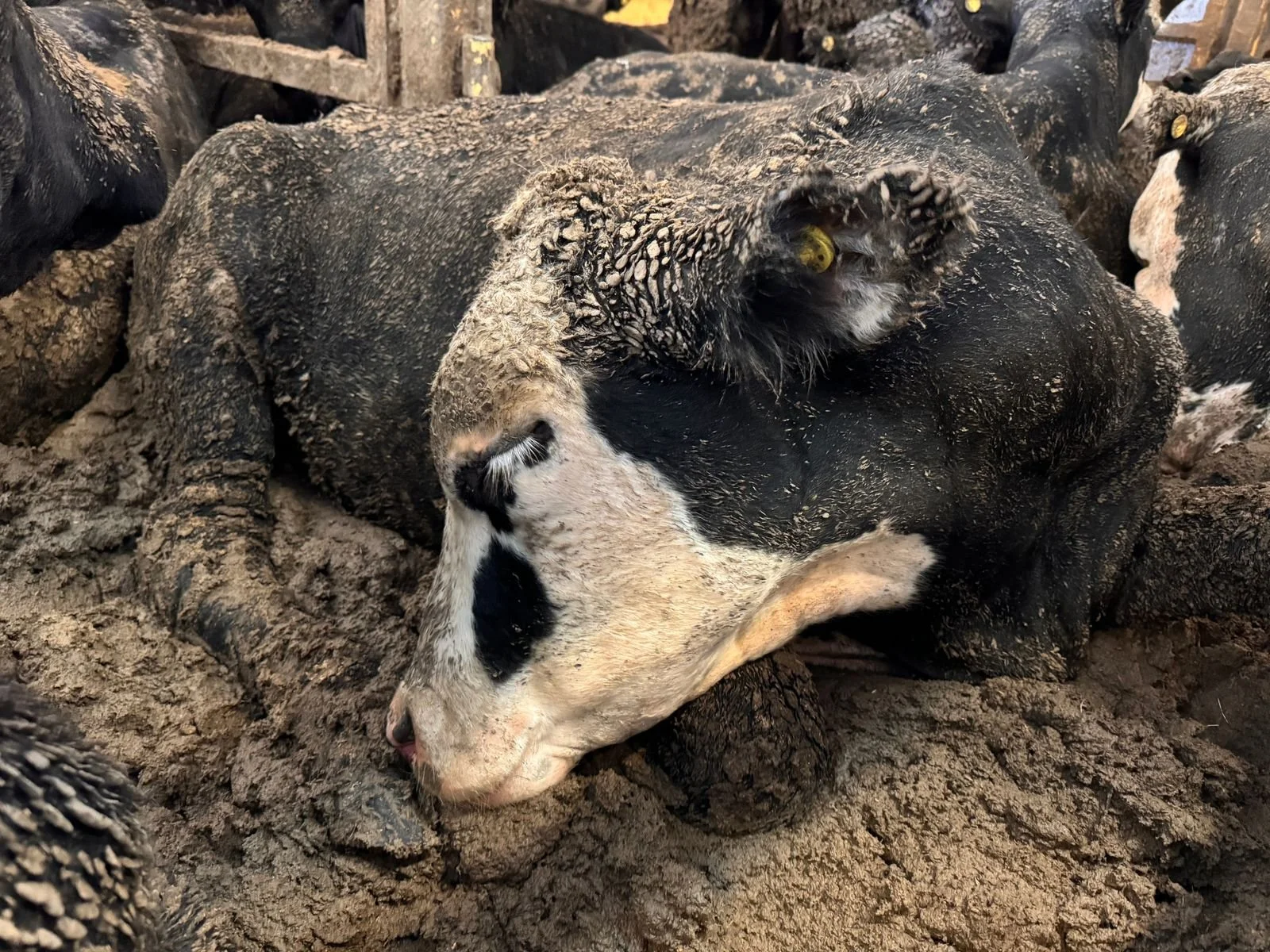Exposing the Trade: What Middle Eastern Consumers Should Know About Live Animal Exports
As global awareness of animal welfare grows, a troubling issue has resurfaced—one that directly implicates trade routes to the Middle East. The National Council of SPCAs (NSPCA) in South Africa has issued a strong condemnation of proposed government regulations that would allow live animal exports by sea, including shipments to the Middle East during the hottest months of the year.
A Journey of Suffering
Shipment of live animals from South Africa to the Middle East revealed serious welfare breaches: overcrowding, inadequate feed, and poor monitoring. These conditions are not isolated—they’re systemic.
The NSPCA flagged the absence of a mandatory embargo on exports to the Middle East during the hottest periods of the year—when animals are most vulnerable to agonizing heat stress in transit.
In its official statement, the NSPCA highlights the following flaws in the draft regulations:
Removal of mandatory embargoes on exports during peak heat
Reduction of protections for pregnant animals, stocking densities, and feed requirements to vague, voluntary guidelines
Absence of penalties, enforcement mechanisms, and a clearly defined role for inspection—even though South Africa’s Constitutional Court affirmed the NSPCA’s authority to enforce animal protection nationwide
Senior Inspector Nazareth Appalsamy, Manager of the NSPCA’s Farm Animal Protection Unit, stated:
“Regulations without penalties are nothing more than paperwork. The industry must be held accountable, and the law must empower the NSPCA to act when animals’ lives are at risk.”
Why This Matters to Middle Eastern Consumers
Many of these animals are destined for Middle Eastern markets, making this not just a South African issue—but a regional ethical concern. For consumers across the region, this raises urgent questions:
Are we unknowingly supporting a supply chain built on suffering through our everyday consumption choices?
What role can we play in demanding transparency, accountability, and stronger protections for animals caught in global trade systems?
A Call for Awareness and Responsibility
This moment calls for deeper reflection on our choices as consumers. Supporting transparent supply chains is essential—not only for accountability and sustainability, but also for protecting animal welfare throughout every stage of production and trade. Just as importantly, embracing plant-based alternatives and diets offers a direct way to reduce reliance on animal exploitation and help alleviate the suffering of animals caught in these systems. Awareness is the first step; conscious consumption is the path forward.


